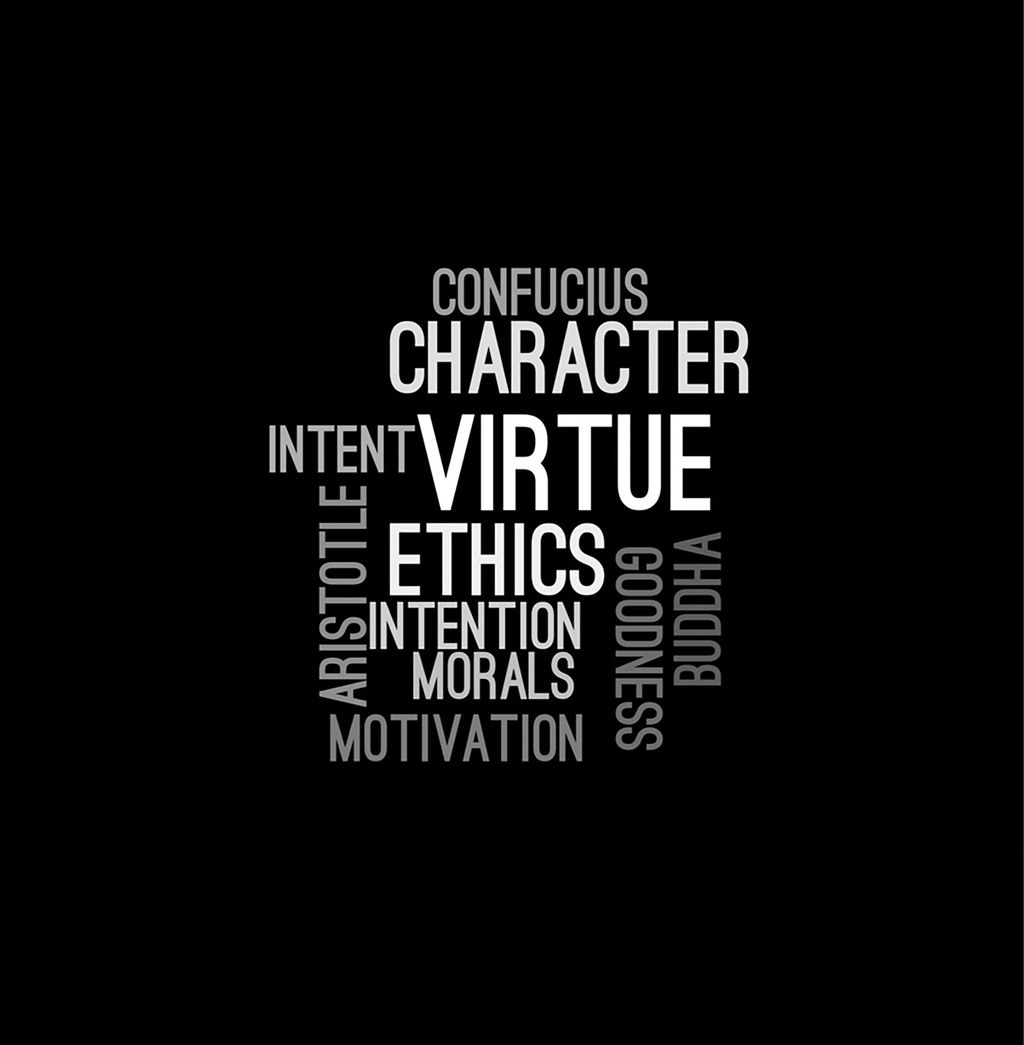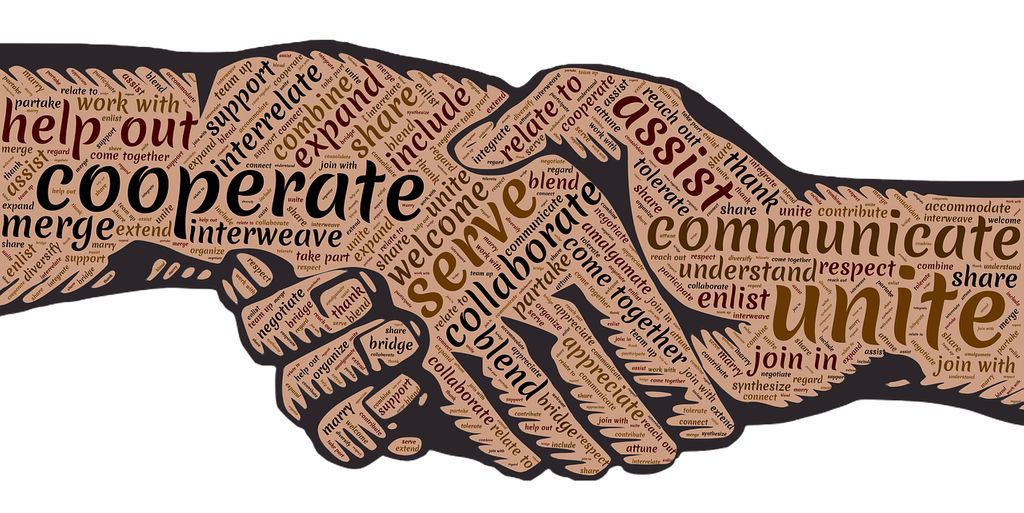The Importance Of Ethics And Values In Professional Life!
Jun 28, 2019 • 74 views
A profession is something a little more than a job; it is a career for someone that wants to be a part of society, who becomes competent in their chosen sector through training; maintains their skills through continuing professional development; and commits to behave ethically, to protect the interests of the public. The actions professionals make, the thoughts they possess in their mind and the consequences they think of getting the result not only affects them but it also affects the one who strive to their services.

One of the most important things which reflect personality of a professional is the ethics that he or she possesses. Every single individual possesses the same ethics and ethical behaviour in different ways as the culture from which they are born and brought up are different. Ethics is not some set of rules based on laws. Ethics is based on goodness.
Goodness is not bound by definition; it is like intelligence free flowing, but has its intrinsic wisdom. Ethics is moment of order and an action born out of order is goodness.
An ethical process is order in motion and hence crucial in the professional world. Work life integrates the physical, emotional, intellectual and spiritual aspects. An important aspect of being altruistic is a high degree of integrity. Operating as a team and not as an individual should be a professional value. Hence it is professional ethics. It states to drop self-love and love your organisation, and the team. Egoistic behaviour is the mother of all conflicts. When we are addicted to our point of view, we are in conflict with the other. . This creates disorder in the organisation and disintegration of the team. Our goals should be to the whole, the whole team. Work place ethics demand regularity punctuality and confidentiality.

Theological moral systems also influence work life. For example, abusing the body is unethical. It is harming the body. When the body is abused, it affects the mind. Like when one drinks alcohol, one is damaging not only the body but also the mind. Once the mind is affected one’s perception is also affected. Thus the consequences of the actions may prove vulnerable to a person’s profession. Also virtue ethics not only contribute to each other in a team but also to the customer, not just in manipulative words and smiles, but from the value of truly contributing. The focus should be on moral health, which involves operating from right values, with self-discipline.

Western management, have found acceptance all over the world, including India. However, in applying these theories to the Indian setting, certain adjustments were made in order toaccommodate differences in culture. India has many sources of ancient wisdom. The Vedas, a collection of ancient scriptures (Rig, Yajur, Sama and Atharva), the Upanishads and Puranas. To be more specific, by committing ones-self to this higher plane of Self-realization, one can become a better worker, a better manager, a better teacher and so forth. This approach suggests a strategy of enhancing employee performance by appealing to an employee’s sense of devotion or commitment to the higher cause of organizational and societal good. This would bring out exemplary performance with self-realization. This article does not by any means underestimate the value of result–oriented work. Rather, its attempt is to synthesize work with pleasure. Work then not only brings joy to the person but also becomes more fruitful and fulfilling.
